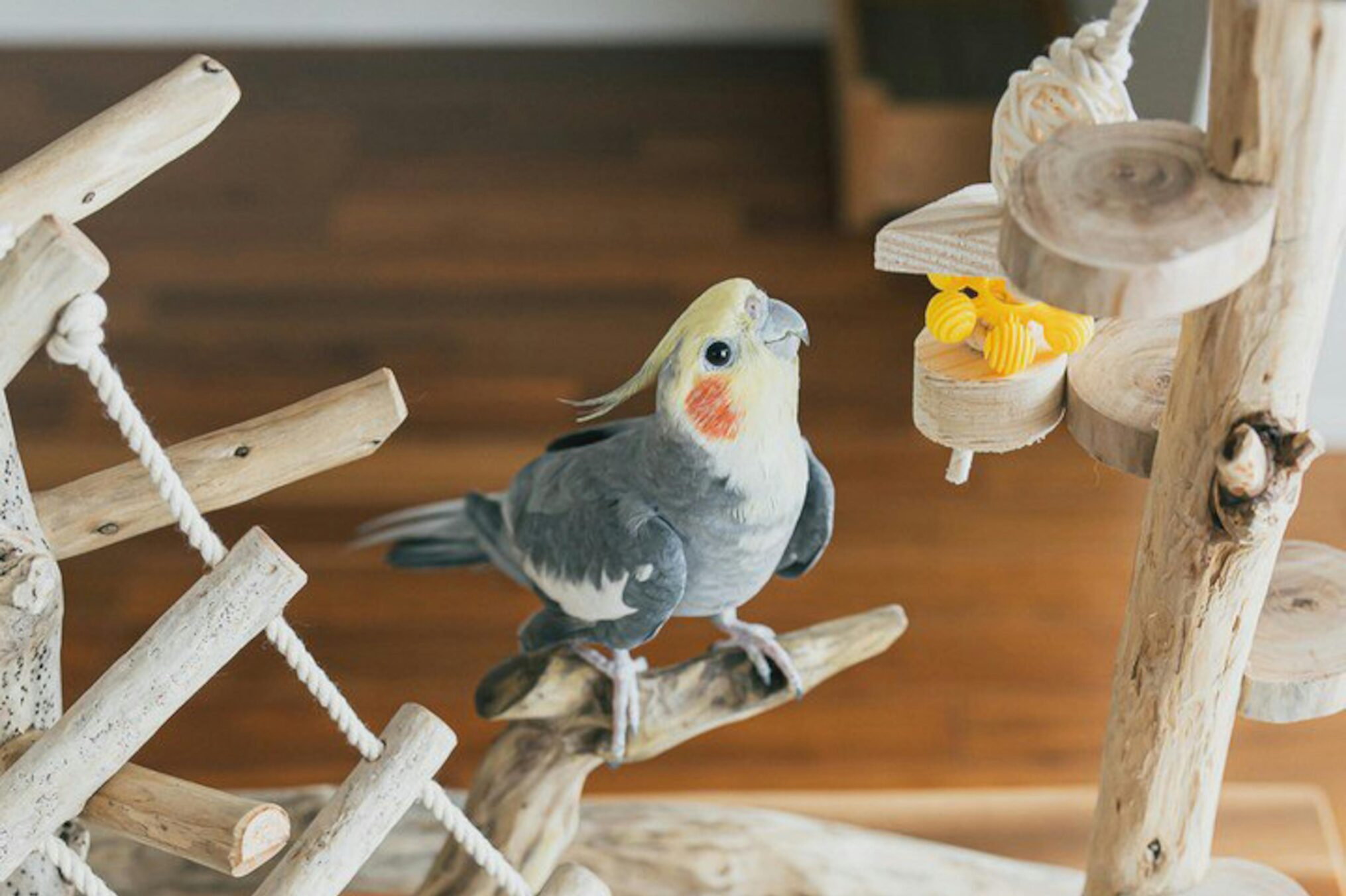
Bird Wellness Appointments
What Will the Avian Veterinarian Do?
During your bird’s visit to the veterinarian, several steps will be taken to ensure a comprehensive assessment of its health and well-being:
Assessment of Bird’s Environment and Health History:
- If feasible, bring your bird in its cage to allow the veterinarian to evaluate its environment, food, feeding arrangements, and examine some droppings.
- For first-time visits, extensive information will be gathered about you and your bird, including age, sex, species, previous background, diet, and length of ownership, all recorded in the bird’s permanent medical record.
Discussion of Proper Diet and Care:
- Your veterinarian may provide guidance and information on the specific dietary and care needs of your bird’s species.
Ensuring a Stress-Free Visit:
- Recognizing that vet visits can be stressful for birds, every effort is made to minimize stress.
- Various techniques, including gentle towel restraint, are used for examination, with trained staff members usually assisting to ensure safety.
- If your bird has severe anxiety issues with restraint, or if there are specific methods for securing it, please inform the veterinarian in advance. In some cases, mild sedatives like midazolam may be recommended.
Bird Toweling and Handling Techniques:
- Jennifer Bloss demonstrates the proper method for capturing and holding a bird in a towel, emphasizing the importance of not constricting the chest to allow for proper breathing.
- Transporting birds in carriers is recommended for safety during travel and vet visits.
Bird Examination:
- The veterinarian observes the bird’s demeanor, posture, feathering, vocalization, droppings, and physical condition.
- A complete physical exam is conducted, including assessment of eyes, ears, nares, mouth, skin, feathers, beak, wings, legs, nails, vent, chest, and abdomen.
- Beak and nail trimming can be performed if necessary, along with wing clipping and placement of an AVID microchip upon request.
- Any abnormalities are noted and discussed with the owner.
Lab Tests:
- The need for diagnostic testing, such as blood tests (hematology, serum biochemistry), specific pathogen testing (e.g., for Psittacosis), fecal analysis, and microbiological testing, will be determined based on the bird’s age, species, and health history.
- Wellness testing may be recommended to monitor the bird’s health status and detect any gradual changes.
By following these steps and recommendations, your bird’s health and well-being can be effectively monitored and maintained under the care of an avian veterinarian.
Explore Our Complete List of Veterinary Services in Menomonee Falls
- CT Scan
- Rabbits
- Guinea Pigs
- Ferrets
- Exotic Diagnostic Imaging
- Exotic Boarding
- Wing Clipping
- Bird Nutrition
- Bearded Dragons
- Bird Identification
- Dog Wellness Plans
- Dog Spay & Neuter
- Dog Surgery
- Dog Senior Wellness
- Puppy Care
- Dog Microchipping
- Dog Laparoscopic Surgery
- Dog Flea & Tick
- Dog Diagnostic Imaging
- Dog Dental
- Kitten Care
- Kitten Behavior & Socialization
- Cat Wellness Plans
- Cat Vaccines
- Cat Surgery
- Cat Spay & Neuter
- Cat Nutrition
- Cat Heartworm
- Cat Flea & Tick
- Cat Diagnostic Imaging
- Cat Intestinal Parasites
- Cat Dental
- Pharmacy
- Dental Care
- Surgery
- Laser Therapy
- Advanced Diagnostic Imaging for Pets
